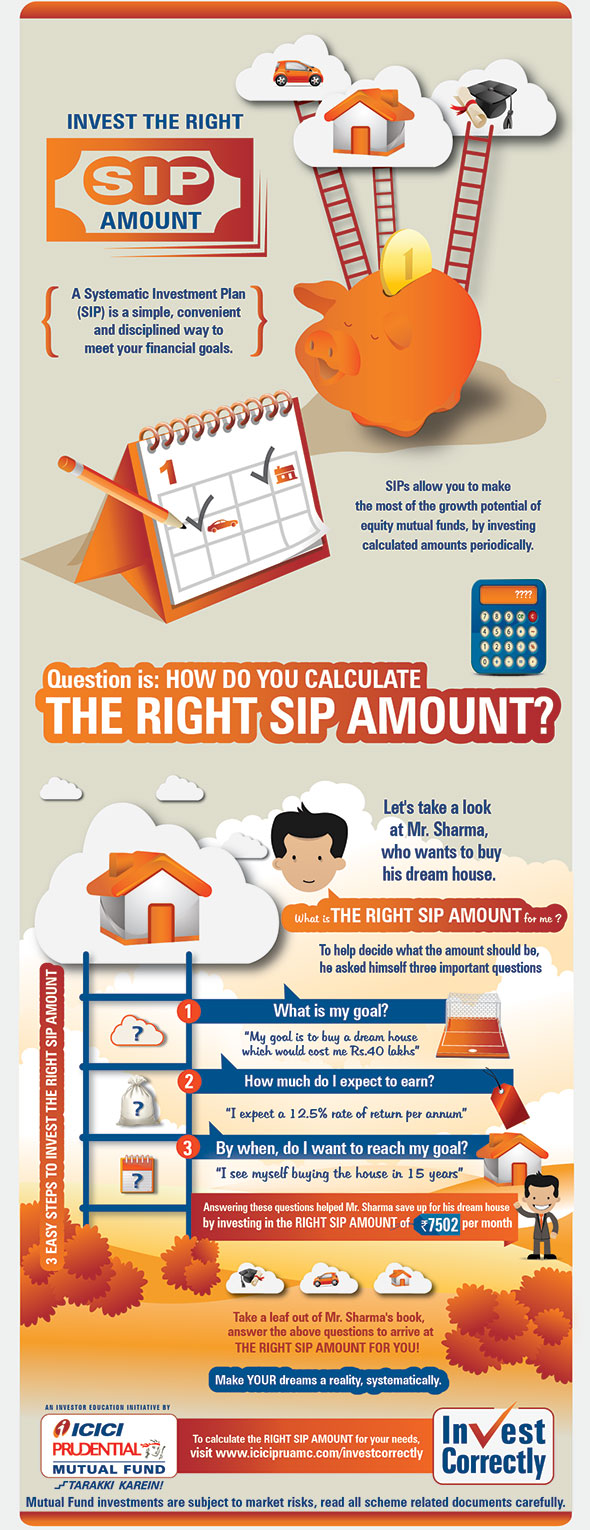Navigate The Ins And Outs Of Payment Bonds And Learn Just How They Supply A Monetary Safeguard To Guarantee Just Payment In Construction Endeavors
Navigate The Ins And Outs Of Payment Bonds And Learn Just How They Supply A Monetary Safeguard To Guarantee Just Payment In Construction Endeavors
Blog Article
Content By-
When it concerns building projects, understanding the ins and outs of repayment bonds is critical. Have you ever before wondered exactly how these monetary safeguards enter into play, making sure that subcontractors and suppliers receive their due? The systems behind settlement bonds are intricate yet crucial for the smooth functioning of the building sector. Let's untangle the complexities together to clarify this essential element of project funding.
Objective of Repayment Bonds
If you want to comprehend the significance of repayment bonds, you have to first grasp their key purpose in building and construction tasks. Payment bonds work as an important defense system for subcontractors and vendors. In the realm of construction, these events frequently face settlement problems as a result of various reasons, such as professional personal bankruptcy or monetary instability. Repayment bonds act as a guarantee that subcontractors and suppliers will receive repayment for their job and materials, even if the contractor defaults.
By requiring how surety bonds work on projects, project owners ensure that all parties associated with the building process are monetarily safe and secure. This demand gives comfort to subcontractors and vendors, encouraging them to join projects without the anxiety of non-payment. Furthermore, repayment bonds help maintain a smooth circulation of work with the construction site by reducing disruptions brought on by payment disputes.
Recognizing the purpose of settlement bonds is vital for all stakeholders in building tasks. It ensures reasonable settlement for subcontractors and suppliers, advertises project stability, and enhances overall project performance.
Exactly How Settlement Bonds Are Acquired
To get payment bonds for building jobs, contractors typically approach surety firms that concentrate on offering these financial warranties. Surety firms analyze the contractor's financial stability, credit reliability, and project history before providing a repayment bond. The service provider must finish an application process that includes sending economic papers and job information for examination.
Once more information accepts the application, the service provider pays a premium for the bond based on the job's overall worth and the contractor's danger profile. bond of indemnity works as a monetary guarantee that subcontractors and providers will be paid for their job and materials. It also gives reassurance to task owners that the specialist has the financial backing to complete the task successfully.
Auto Mechanics of Payment Bonds
Understanding the technicians of settlement bonds is essential for browsing the intricacies of construction job financing. Payment bonds are a three-party agreement among the project owner, the professional, and the guaranty company. As soon as a contractor is granted a project, they generally obtain a payment bond to ensure that subcontractors, laborers, and vendors are spent for their work and products. On the occasion that the contractor fails to fulfill repayment responsibilities, the repayment bond remains in place to provide a resource of funds for these events.
When a subcontractor or vendor goes unpaid, they can make an insurance claim against the payment bond. The process entails sending a created notice to the guaranty company outlining the amount owed and supplying any type of required documents. The surety then explores the insurance claim to determine its legitimacy. If the claim is approved, the guaranty will certainly pay to the plaintiff, up to the bond amount.
Comprehending these mechanics is necessary for all parties associated with a construction task to guarantee correct repayment practices and economic protection.
Verdict
Now that you comprehend the essentials of payment bonds, consider them as a safety net for construction projects.
Like a tough umbrella on a rainy day, payment bonds shield subcontractors and suppliers from financial rainstorms brought on by professional defaults.
So following time you're associated with a building project, bear in mind that a payment bond is there to keep everyone dry and make certain plain sailing in the payment process.
